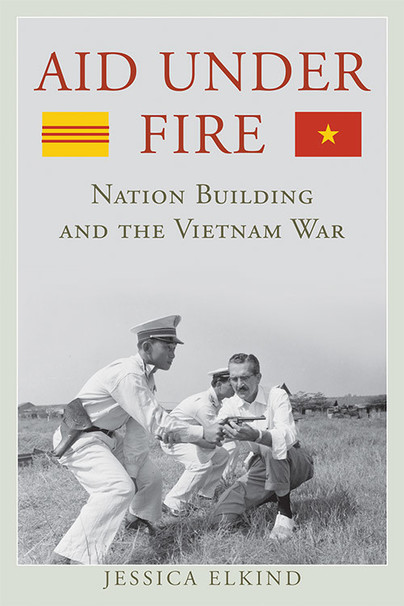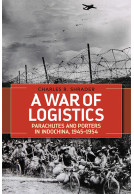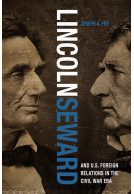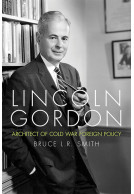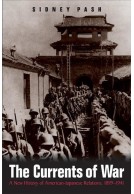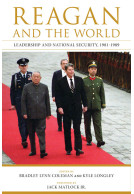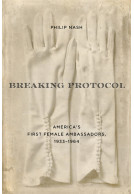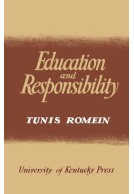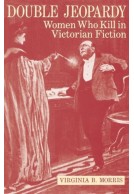Aid Under Fire (Hardback)
Nation Building and the Vietnam War
Imprint: University Press of Kentucky
Series: Studies in Conflict, Diplomacy, and Peace
Pages: 310
Illustrations: 10 b&w photos, 1 map
ISBN: 9780813165837
Published: 17th June 2016
Script Academic & Professional
Series: Studies in Conflict, Diplomacy, and Peace
Pages: 310
Illustrations: 10 b&w photos, 1 map
ISBN: 9780813165837
Published: 17th June 2016
Script Academic & Professional
This book will be reprinted and your order will be released in due course.
You'll be £36.00 closer to your next £10.00 credit when you purchase Aid Under Fire. What's this?
+£4.99 UK Delivery or free UK delivery if order is over £40
(click here for international delivery rates)
Need a currency converter? Check XE.com for live rates
(click here for international delivery rates)
Need a currency converter? Check XE.com for live rates
In the aftermath of World War II, as longstanding empires collapsed and former colonies struggled for independence, the United States employed new diplomatic tools to counter unprecedented challenges to its interests across the globe. Among the most important new foreign policy strategies was development assistance -- the attempt to strengthen alliances by providing technology, financial aid, and administrators to fledgling states in order to disseminate and inculcate American values and practices in local populations. While the US implemented development programs in several nations, nowhere were these policies more significant than in Vietnam.
In Aid Under Fire, Jessica Elkind examines US nation-building efforts in the fledgling South Vietnamese state during the decade preceding the full-scale ground war. Based on American and Vietnamese archival sources as well as on interviews with numerous aid workers, this study vividly demonstrates how civilians from the official US aid agency as well as several nongovernmental organizations implemented nearly every component of nonmilitary assistance given to South Vietnam during this period, including public and police administration, agricultural development, education, and public health. However, despite the sincerity of American efforts, most Vietnamese citizens understood US-sponsored programs to be little more than a continuation of previous attempts by foreign powers to dominate their homeland.
Elkind convincingly argues that, instead of reexamining their core assumptions or altering their approach as the violence in the region escalated, US policymakers and aid workers only strengthened their commitment to nation building, increasingly modifying their development goals to support counterinsurgency efforts. Aid Under Fire highlights the important role played by nonstate actors in advancing US policies and reveals in stark terms the limits of American power and influence during the period widely considered to be the apex of US supremacy in the world.
Customers who bought this title also bought...
Other titles in the series...
Other titles in University Press of Kentucky...







